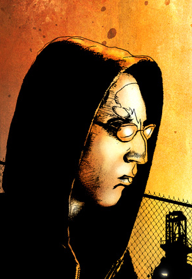 “What?!” I hear you say. “Deconstructing Comics doing a whole show on a girls’ manga?” Ye of little faith! Have we ever steered you wrong? It may look like nothing but a sappy romance comic, but Ai Yazawa’s Nana features realistic, conflicted characters who deal with romance, infidelity, coming of age, fame, and rock & roll from all angles. It also boasts some fantastic storytelling techniques, so there’s plenty here for comics fans of all stripes to enjoy. Tim and Kory discuss.
“What?!” I hear you say. “Deconstructing Comics doing a whole show on a girls’ manga?” Ye of little faith! Have we ever steered you wrong? It may look like nothing but a sappy romance comic, but Ai Yazawa’s Nana features realistic, conflicted characters who deal with romance, infidelity, coming of age, fame, and rock & roll from all angles. It also boasts some fantastic storytelling techniques, so there’s plenty here for comics fans of all stripes to enjoy. Tim and Kory discuss.
Podcast: Play in new window | Download

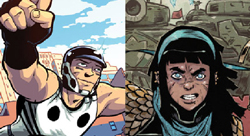
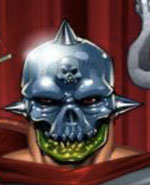
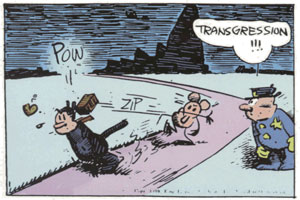
 In
In 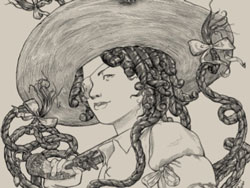 Waaay back in
Waaay back in 
